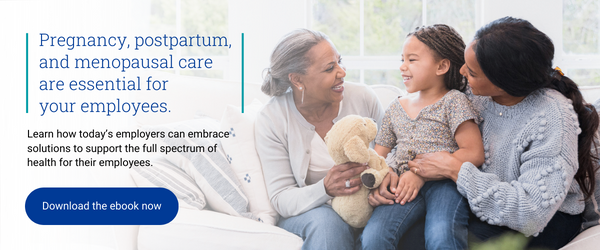The path to recovery may be an individual one—but it’s best not walked alone
April is Alcohol Awareness Month and an ideal time to raise our understanding of alcohol use and the ways we can help ourselves or a loved one who may be struggling to manage it. “Most Americans use alcohol, and thankfully most don’t develop the risk of alcohol use disorder,” says Sarah Wakeman, MD, Medical Director for Substance Use Disorders at Mass General Brigham, “But many do. In fact, a national survey reports that 30% of people will meet criteria for an alcohol use disorder at some point in their lives.”
To clarify, Wakeman defines what behaviors define it, and which do not: “Alcohol use disorder is when someone uses alcohol in a compulsive way, has lost control over their use, and continues to drink despite having negative consequences.”
In the year 2020, more than 28 million Americans had an alcohol use disorder, and while it can affect people of any age, this study showed the highest rates were among people in their 20s.
Wakeman continues, “No one chooses to lose control over their alcohol use or to suffer from negative consequences on their health and life. The good news is, most people will achieve remission, meaning they no longer meet the criteria for active illness.”
“One common myth is that people with alcohol use disorder must hit bottom before they engage in treatment or get well. It’s simply not true.” says Wakeman.
She continues, “All of us—health care providers, family members, and friends—should be actively trying to raise the bottom and partner with people with alcohol use disorder to get effective care as early as possible.”
“The first step,” says Wakeman, “is to let go of any judgement toward people experiencing it.”
Barry Shelton, a Recovery Coach at Mass General Brigham Health Plan, has built his practice from just this model of empathy. “Substance use is very individual. What is harmful or even helpful for one person may not be for another—the solution for each person is different. One thing a coach needs is flexibility.”
Recovery is much easier when you’re not doing it alone.
“My job is to support each person in the way they want to be supported,” says Shelton. “I act as a personal guide and a motivator, also a resource broker—I educate them about their options, including therapies, medication-assisted treatments, and mutual aid support groups like AA, Smart Recovery, Celebrate Recovery, and more. I explore with them what feels like a good fit.”
He continues, “A lot of people think that stopping drinking is putting the plug in the jug. That’s one part of it. It’s really about growth and transformation. So, to make that doable, we take it in small steps.”
Shelton continues, “Recovery is much easier when you’re not doing it alone. A relationship with a therapist or a coach is invaluable—and that’s what I’m here for.”
Tips from a recovery coach to help a loved one with Alcohol Use Disorder:
- Drop your agenda. Just listen to where they’re at and what they need.
- Let go of the outcome. If someone relapses or disappears, it could be part of their process.
- Know the available resources. Name the resources that can help someone on their recovery journey.
- Help a person know what inspires them. Help identify their personal reasons for wanting to change.
- Learn and practice CRAFT. Community Reinforcement and Family Training (CRAFT) teaches family members about addiction and strategies to positively reinforce healthy behaviors in their loved ones.
If you're interested in learning more about recovery support, download our printable flyer.
For more information or to refer yourself or someone you know to a recovery coach, send an email to HealthPlanYourCareCircle@mgb.org or call our Clinical Support Coordinator at 866-456-4059.

